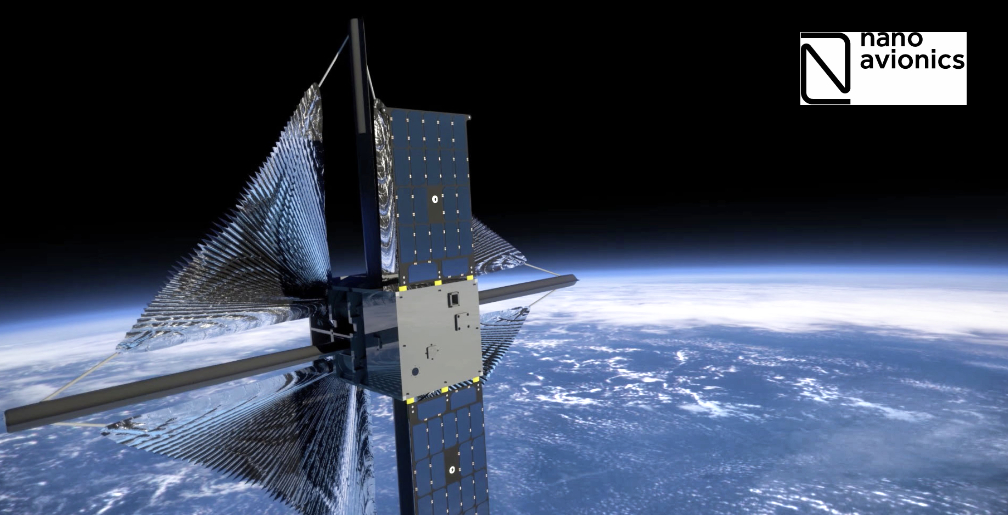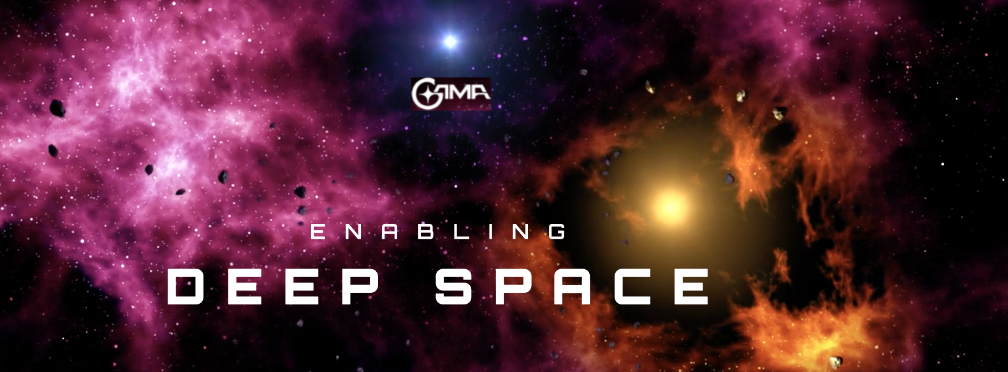
NanoAvionics has been contracted by Gama for a demonstration of Gama’s solar sails propulsion system in LEO.

Under the mission agreement, NanoAvionics will provide its 6U smallsat bus, payload integration services, a satellite testing campaign, launch services and satellite operations. The launch of the “Alpha” smallsat is scheduled for the second half of this year.
Gama’s range of solar sails are aimed at commercial companies and research organisations looking for a cost-effective and less complex setup and propulsion system to explore deep space through smallsats. Using nano- or microsatellites propelled through space by solar sails would allow them to travel greater distances without requiring large amount of stored fuel. They can also be launched with smaller and less expensive rockets, making shuttle trips between planets less expensive and more practical than conventional chemical rockets.
Missions for smallsats with solar sail technology could include getting data about Neptune’s atmosphere or Uranus’ magnetosphere, performing low-cost asteroid reconnaissance missions, carrying cargo to the Moon or Mars, sending rovers to Titan or Venus, and helping to remove space debris.
This mission contract with Gama is the second solar sail mission for NanoAvionics, following an earlier contract to build a satellite bus for NASA’s ACS3 solar sail propulsion demonstration.
Louis de Gouyon Matignon, CEO of Gama Space, said, “Our solar sails will greatly advance the possibilities of deep space access for companies and research organisations across the globe. Drawing on their experience with integrating solar sail technology in small satellites and their modular buses, NanoAvionics is the ideal partner for this mission. With sunlight being free and unlimited, solar sail-propelled spacecraft could travel greater distances without requiring large amounts of stored fuel.”
Vytenis J. Buzas, co-founder and CEO of NanoAvionics, said, “While the payloads are similar in nature, NASA’s ACS3 and Gama’s Alpha are two very different satellites, with different customization requirements. Being able to integrate solar sails, a new promising spacecraft propulsion method, into our nano- and microsatellites opens an entire new market for us, way beyond the mission limits of low Earth orbit. Over the years, NanoAvionics engineering team has faced and solved many technical challenges while matching our customers’ mission requirements and integrating different payloads, instruments and novel propulsion systems to our satellite busses. It allowed our engineers to greatly develop and advance NanoAvionics’ technology. Of course, the modularity of NanoAvionics versatile buses and components are a major advantage for a successful integration. Based on these prior experiences, we are able to transfer a lot of know-how not only to the Gama’s Alpha satellite but to every future satellite mission.”
